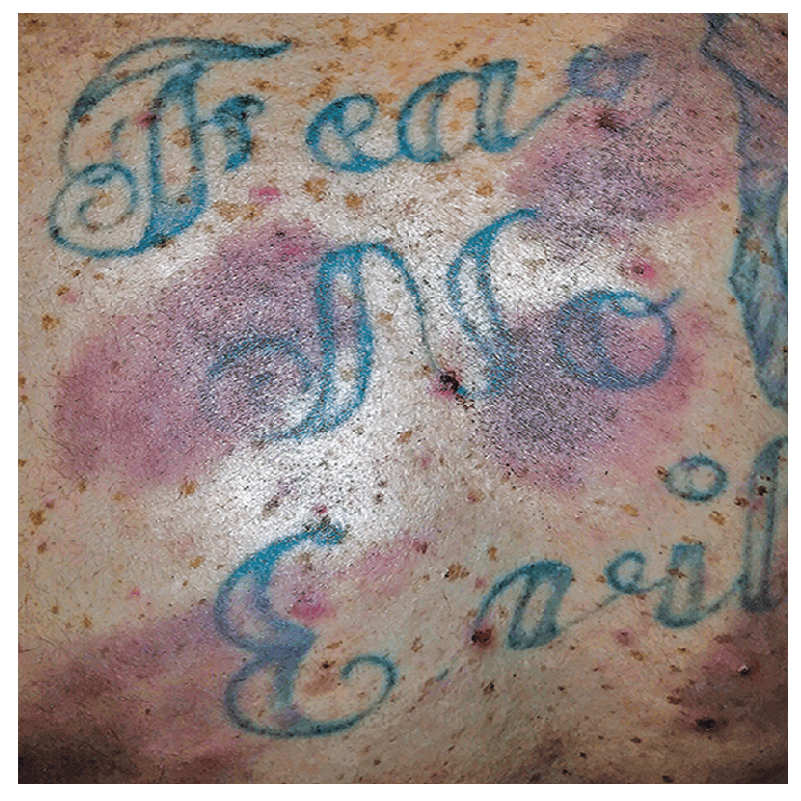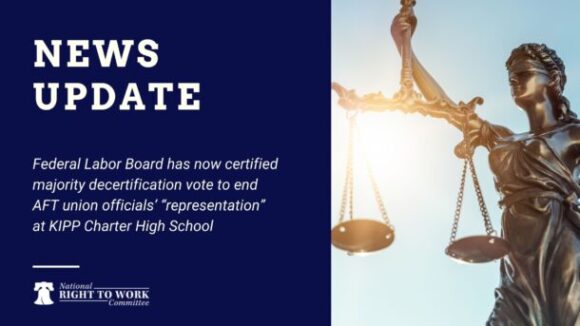Will Team Biden Weaponize Workers’ Pensions?
Big Labor abuse of worker pension and benefit funds as a means of advancing union bosses’ self-aggrandizing policy objectives is a familiar phenomenon.
Forced-Unionism Abuses Exposed – The facts Big Labor bosses would rather you didn’t hear about.
“[C]ompulsory unionism and corruption go hand in hand . . . .”
–Sen. John McClellan (D-Ark.)
Four years after leading what the U.S. Justice Department aptly describes as a “brutal assault” on a group of tradesmen employed at a church-owned construction site in northwestern Indiana, two officers of Local 395 of the Iron Workers union, based in Portage, Ind., have finally acknowledged the truth: They did it.

On January 7, 2016, union goons allegedly threw to the ground Scott Kudingo, an employee of the Cary, Ill.-based firm D5 Iron Works Inc. They then began “clubbing, kicking and punching” him “in the face, arms, back, and body.” Kudingo’s jaw was “shattered in part” and broken “in two other places.” At least some of the union toughs who kicked him in the face and back are believed to have been wearing “steel toed boots.”
In plea agreements filed with the U.S. District Court for the Northern District of Indiana this January 22, Jeffrey Veach and Thomas Williamson, respectively Local 395’s president and its former business agent, both confessed to “knowingly and intentionally” conspiring with one another “to use actual and threatened violence” to force D5 and its employees under a monopolistic union regime.
After verbal bullying didn’t achieve the desired result, Veach and Williamson “gathered up” a squad of union militants from Local 395 headquarters, who, by the union bosses’ own sworn admission, traveled with them to the Plum Creek Christian Academy construction site that afternoon four winters ago, where the militants then “attacked the D5 workers and beat them with fists and loose pieces of hardwood, kicking them while they were on the ground.”
“As a result of the attack,” Veach and Williamson now acknowledge, “one D5 worker sustained serious bodily injury in the form of a broken jaw, [which] required several surgeries, extended hospitalization, and medical treatment.”
The evidence implicating Veach and Williamson in the beatdown is so extensive that one might wonder why they weren’t charged until two-and-a-half years after it had occurred and didn’t enter guilty pleas until this winter. As one report in the Northwest Indiana Times explained, the “incriminating, credible evidence” against them included “eyewitnesses, photos from the scene, and statements from an ‘immunized witness’ that could have been presented if they wound up going to trial.”
But this was never really an open-and-shut case, and even now that Veach and Williamson have at last pleaded guilty they retain an opportunity to get their convictions reversed. And the reason is the U.S. Supreme Court’s controversial, 5-4 U.S. v. Enmons decision, which since 1973 has exempted threats, vandalism and violence perpetrated to secure “legitimate” union goals from prosecution under the federal Hobbs Act.
The Hobbs Act prohibits the use of extortionate threats and violence in interstate commerce, but because of the Enmons loophole prosecutions of Big Labor bosses who resort to these tactics are few and far between. Before Veach and Williamson pleaded guilty, their lawyers repeatedly invoked Enmons to get their clients off the hook.
This didn’t work with U.S. District Judge Theresa Springmann, to whom the case was assigned. Her understanding of the law is that Enmons protects thuggish union bosses who target a unionized business that resists their demands and/or employees who defy orders to go on strike against such a business, but not union kingpins who target, as did Veach and Williamson, a non-union business owner and his employees.
But Veach, Williamson and their lawyers clearly believe Springmann interpreted the Enmons precedent too narrowly. In their guilty pleas, both union bosses expressly state they do “not [emphasis in the original] waive” their “right to appeal” their convictions on the grounds that their violent schemes were protected under Enmons, and add that the “United States acknowledges” that they “have not waived this right”!
It’s simply intolerable that Veach and Williamson could still ultimately get away with leading a brutal assault because of a misbegotten Supreme Court ruling nearly half-a-century old. That’s why National Right to Work Committee members are pushing for passage of H.R.4256, a common-sense legislative remedy known as the Freedom from Union Violence Act.
Because the Enmons court interpreted the Hobbs Act, not the Constitution, Congress retains the power to reverse the error. Who can seriously defend a court precedent that may yet rescue Jeffrey Veach and Thomas Williamson from serving out the prison sentences they richly deserve for a crime they admit having committed?

Big Labor abuse of worker pension and benefit funds as a means of advancing union bosses’ self-aggrandizing policy objectives is a familiar phenomenon.

What impact does handing a union monopoly power to deal with your employer on matters concerning your pay, benefits, and work rules have on your pay?

Federal Labor Board has now certified majority decertification vote to end AFT union officials’ “representation” at KIPP Charter High School